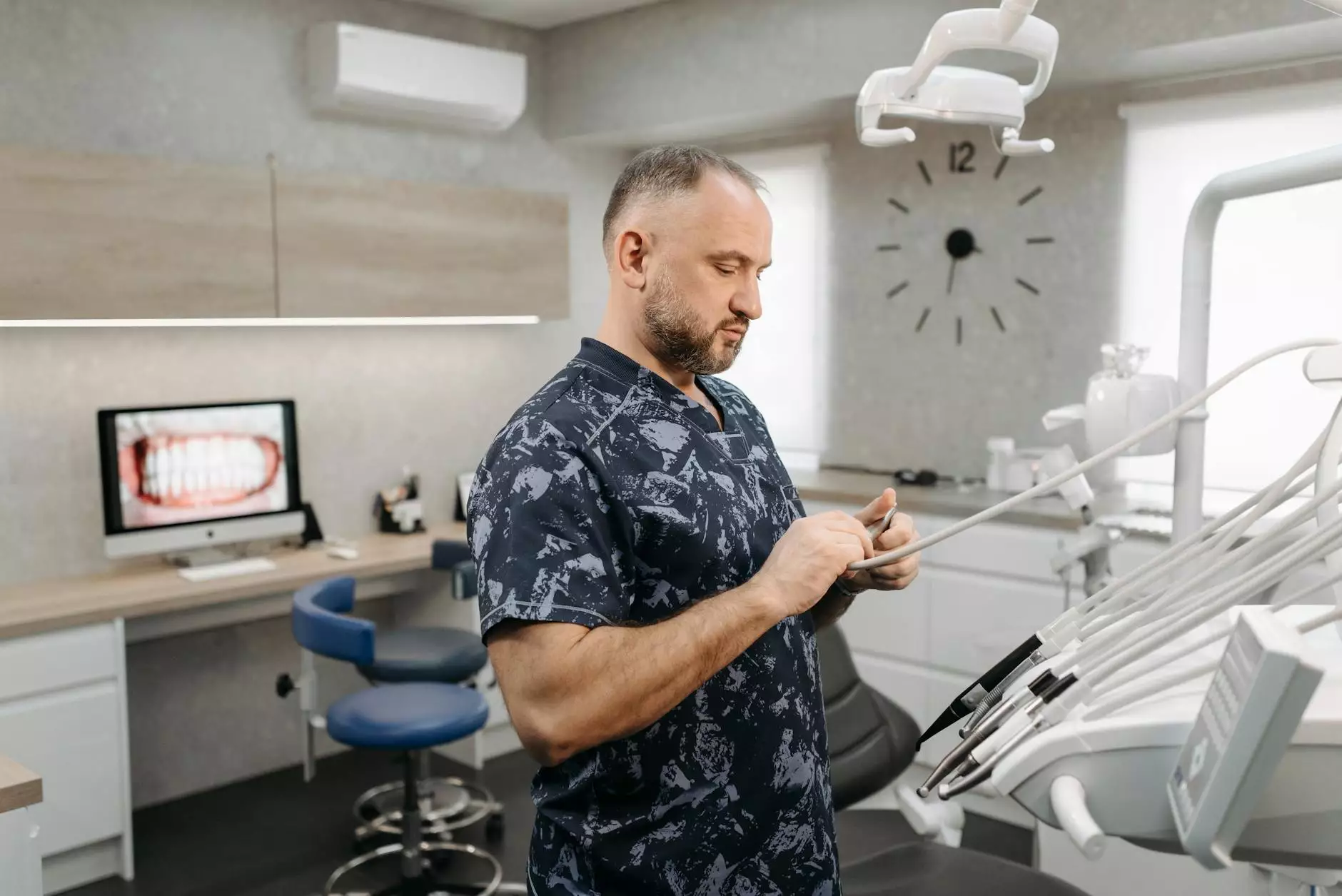Innovative Approaches in Special Education: The Out of Office EB02 Initiative

In today’s dynamic educational landscape, it is vital to address the diverse needs of all learners. Special education plays a crucial role in ensuring that students with disabilities receive the support they need to thrive academically and socially. One of the emerging concepts that significantly contribute to this mission is the Out of Office EB02 initiative, a transformative approach designed to enhance the effectiveness of educational services. In this article, we will delve into the core aspects of this initiative, its impact on special education, and its implementation strategies that can help educational institutions maximize their outreach and effectiveness.
Understanding Out of Office EB02
The term "Out of Office EB02" refers to a specific framework within the educational sector that promotes innovative strategies tailored to meet the unique challenges faced by students requiring special education services. This approach addresses common barriers to learning and engagement, ensuring that no child is left behind.
Foundation of the EH02 Framework
Drawing from extensive research and practice, the Out of Office EB02 model is built on key principles that empower educators and foster a supportive learning environment. This framework emphasizes:
- Individualized Learning: Tailoring educational experiences to meet each student’s specific needs.
- Collaboration: Encouraging teamwork among educators, families, and support staff.
- Accessible Resources: Providing diverse and flexible materials to accommodate various learning styles.
- Community Engagement: Involving local communities to enrich the educational experience and provide additional support.
The Importance of Creating Inclusive Educational Environments
Inclusion is a vital concept in special education. The Out of Office EB02 initiative reinforces the importance of creating inclusive environments where all students can learn and grow together. This not only benefits students with disabilities but also promotes empathy and understanding among their peers.
Strategies for Fostering Inclusion
To successfully implement the Out of Office EB02 principles, educational institutions should consider the following strategies:
- Professional Development: Continuous training for educators on inclusive teaching practices ensures that they are equipped to meet the diverse needs of their students.
- Personalized Instruction: Utilizing differentiated instruction methods enables teachers to cater to the various learning capabilities within the classroom.
- Behavioral Support: Implementing positive behavioral interventions helps manage classroom conduct productively, fostering a more conducive learning atmosphere.
- Utilizing Technology: Incorporating assistive technology tools offers greater accessibility for students with disabilities, promoting greater independence.
Success Stories of the Out of Office EB02 Initiative
Numerous educational institutions have successfully adopted the Out of Office EB02 framework, leading to remarkable improvements in student engagement and academic achievement. Here are a few noteworthy success stories:
Case Study 1: XYZ Academy
At XYZ Academy, the implementation of the Out of Office EB02 framework resulted in a significant increase in student participation in classroom activities. By promoting collaborative learning, students learned to support each other, fostering a sense of community and belonging.
Case Study 2: ABC School District
ABC School District adopted the Out of Office EB02 initiative, leading to the development of a comprehensive resource center for special education. This center provided educators with valuable tools and resources, significantly enhancing their capacity to support students effectively.
Evaluating the Effectiveness of the Out of Office EB02 Initiative
To measure the success of the Out of Office EB02 initiative, various evaluation methods can be employed. These may include:
- Standardized Assessments: Comparing student performance data before and after implementing the initiative.
- Feedback Surveys: Gathering input from educators, parents, and students to assess perceived effectiveness.
- Observation Reports: Analyzing classroom dynamics and student engagement levels through direct observation.
Challenges and Solutions in Implementing Out of Office EB02
As with any educational initiative, there are challenges to implementing Out of Office EB02. However, by acknowledging these challenges and proactively developing solutions, institutions can successfully overcome obstacles and maximize proficiency in special education.
Common Challenges
- Insufficient Resources: Many educational institutions face limitations in resources and funding, which can hinder the successful implementation of the Out of Office EB02 framework.
- Resistance to Change: Some staff may be reluctant to change their established teaching practices, affecting the adoption of innovative strategies.
- Limited Training Opportunities: A lack of professional development can prevent educators from effectively utilizing the Out of Office EB02 methods.
Strategic Solutions
To address these challenges, educational leaders should consider the following solutions:
- Securing Funding: Actively seek grants and community partnerships to acquire necessary resources for implementation.
- Promoting a Positive Culture: Foster an environment that encourages innovation and experimentation among educators.
- Investing in Training: Allocate funds for ongoing professional development opportunities to equip educators with the latest best practices.
Future of Special Education: Embracing the Out of Office EB02 Concept
As we look towards the future, the Out of Office EB02 initiative stands poised to transform the landscape of special education. By embracing its principles, educational institutions can ensure that they provide inclusive, supportive, and effective learning environments for all students. The commitment to continuous improvement, community engagement, and personalized learning will play a critical role in reshaping the future of education.
Final Thoughts
The Out of Office EB02 framework represents a significant step forward in providing equitable educational services to all students. By prioritizing individualized support and fostering collaboration within the educational community, we can create an environment where every learner is empowered to succeed. For more information about how the Out of Office EB02 initiative can enhance your educational services, visit ebclhk.com.









